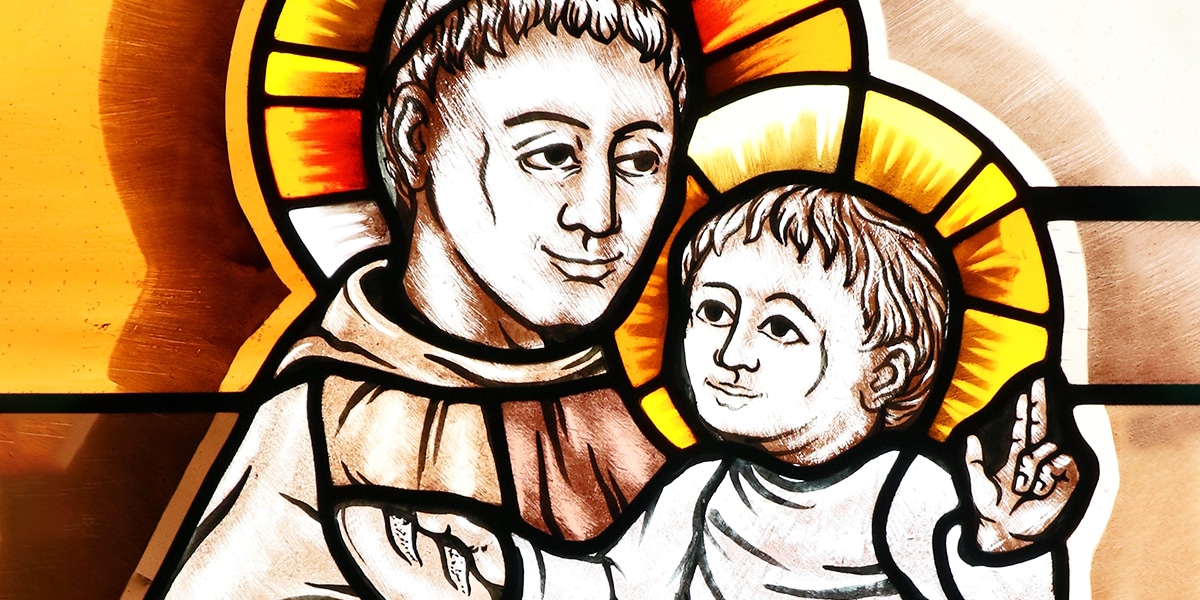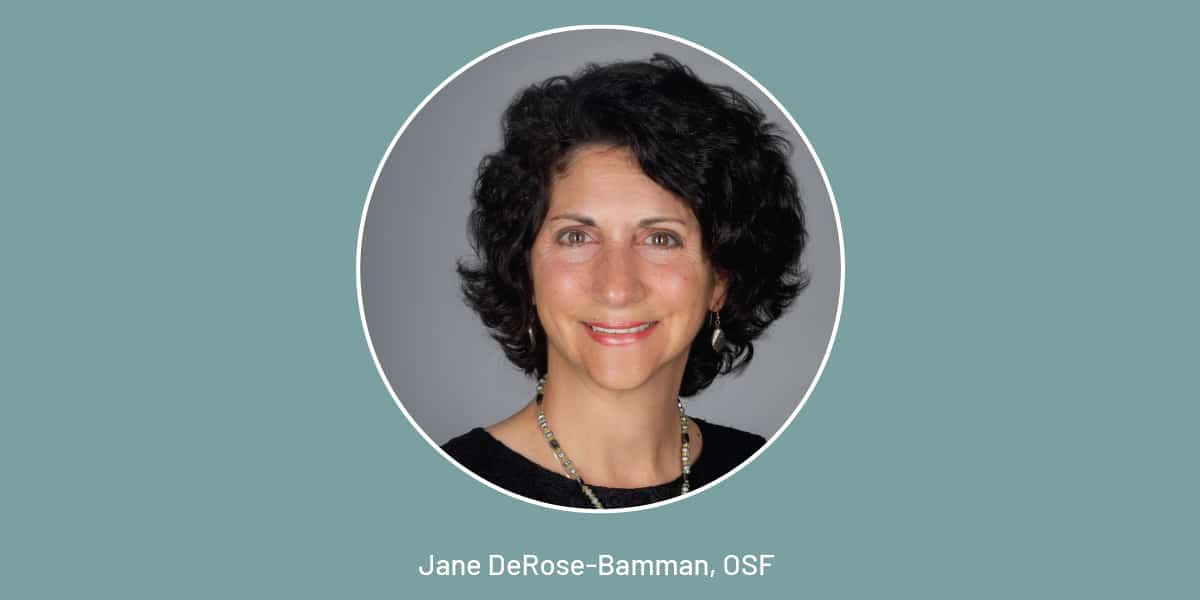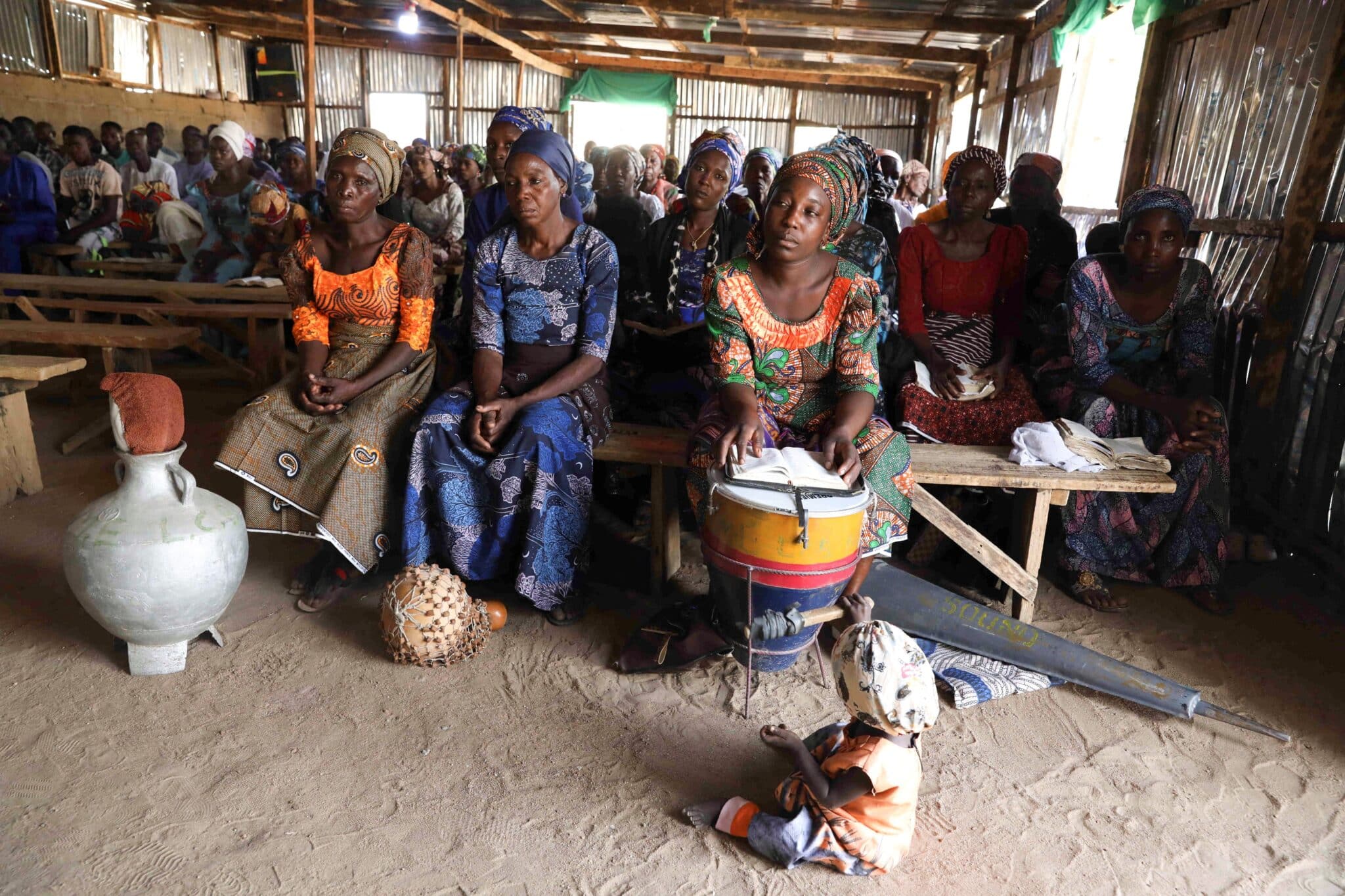DUBLIN (OSV News) — The professional body that regulates and ensures professional standards for doctors in Ireland has rejected a report from a parliamentary committee that called for the legalization of assisted suicide.
The decision comes as the euthanasia debate rolls throughout Europe, with French President Emmanuel Macron calling it a possible “law of fraternity,” and British Members of Parliament being pressured to legalize assisted dying.
The Royal College of Physicians of Ireland said March 20 that it opposed “the introduction of any legislation supportive of assisted suicide because it is contrary to best medical practice.”
The organization’s opposition follows a report by a special committee of the national parliament — known as the Oireachtas — recommending the introduction of assisted suicide for individuals diagnosed with an illness or medical condition that is classified as “incurable, irreversible, progressive and advanced” and likely to cause death within six months.
Extending the six months to 12 months is recommended for those with neurodegenerative conditions, as is a provision that the illness must be causing suffering that cannot be relieved in a way that the ill person finds tolerable.
The recommendations are supported by nine of the committee’s 14 members. However, three others — including committee chair Michael Healy-Rae — issued a dissenting minority report calling for the existing ban on assisted suicide to be retained. One committee member abstained from the final vote and another was absent.
Diarmuid O’Shea, president of the Royal College of Physicians of Ireland, or RCPI, said, “Dying and death are part of a continuum of care for any person with a chronic or life-limiting illness.
“Dying with dignity in our society is made possible by the delivery of compassionate, supportive, and expert care by physicians, nurses, health and social care professionals, and others working in hospitals, hospices, GP practices, and other community settings across our country.”
“Such care and the people providing it should be appropriately supported and funded,” he said in a statement rejecting the committee’s report.
Feargal Twomey, chair of the RCPI expert group and a consultant in palliative medicine, added, “These efforts are supported by specialist palliative care teams, by the efforts of families and friends, and by extension, the support of society.”
The RCPI represents almost three quarters of all clinically active doctors in Ireland. Both the RCPI and the College of Psychiatrists of Ireland gave evidence to the committee rejecting plans to legalize assisted suicide.
Siobhán MacHale, professor and member of the human rights and ethics committee of the College of Psychiatrists of Ireland, which has about 1,300 psychiatrist members, said the Oireachtas committee’s recommendation of the introduction of assisted suicide and euthanasia in Ireland undermines Irish society’s “strong focus on suicide prevention policy.”
“Any terminal diagnosis is by its nature deeply upsetting and can often lead to a patient experiencing a wish to die in the course of the associated shock and grief,” MacHale said in a statement. “The college believes that we can do better in providing compassionate care to those who are dying than to introduce assisted suicide and euthanasia in Ireland.”
Sen. Rónán Mullen, one of the committee members who dissented, described the report as “a travesty of the evidence heard by the committee over the past year. The case for assisted suicide and euthanasia was not established and the report’s own words do not warrant the recommendations that it makes.”
“If society was merely a collection of individuals, then laws founded solely on personal autonomy might make sense. But we are not islands. We are a tangled web of interconnected and vulnerable lives, all of which are worth living. Legislation for assisted dying would endanger the lives and happiness of many people,” Mullen told OSV News.
A spokesperson for Hope Ireland warned that “the permissive findings of the report produced by the Oireachtas Joint Committee on Assisted Dying will quickly bring Ireland into the same chaotic horror as Canada.” Hope Ireland describes itself as a coalition of medical professionals and disability rights advocates who aim to bring informed perspectives to the debate around euthanasia and assisted suicide in Ireland.
Canada’s so-called Medical Assistance in Dying, or MAID law, has been controversial with a United Nations watchdog group warning that people may feel pressured to seek medically assisted death.
Meanwhile, with increased pressure on members of Parliament in the United Kingdom to change the legislation on assisted suicide, Archbishop John Wilson of Southwark issued a pastoral message March 22 highlighting the “threat this poses to human life and our claim to uphold equality.”
The archbishop said these threats are not only physical, but moral and spiritual too. Human life is a gift from God and one that must be cherished and is not a commodity we “manipulate and dominate,” he said.
Jersey, the Isle of Man and Scotland are all considering the legalization of assisted dying, although in each case only permanent residents would be eligible.
“It looks increasingly likely that at least one jurisdiction among the UK and crown dependencies will allow (assisted dying) in the near future and ministers should be actively involved in discussions about how to approach the divergence in legislation,” said a report from the health and social care committee, as reported by The Guardian.
“The Catholic Church believes and teaches that every life is valuable, regardless of one’s physical or mental state or ability. We are called to care for those who are suffering, not to bring about their death,” he said.
“We cannot approve of any form of euthanasia and assisted suicide,” the archbishop said in a pastoral message. Rather, what is needed is support for individuals, families and those who work in health care, he said, “so that the fundamental value of life is not eroded.”
Archbishop Wilson said assisted suicide “is not the only threat we are facing, with attempts to manipulate” the so-called Justice Bill “with extreme abortion amendments making it possible for abortion up to birth.” He urged people to support charities that fight for life and “support the most vulnerable in our society.”
The British prelate echoed the French bishops who in a March 19 statement expressed their “great concern” and “deep reservations” in the face of the draft law that plans to authorize euthanasia and assisted suicide in France.
“Let us not misdirect the fraternity,” the bishops said, rebuffing the president’s words that euthanasia is a “law of fraternity.” “We reaffirm our attachment to the French way of refusing induced death.”
For the French bishops, “the imperative of humanity and fraternity” is to “relieve suffering and offer each person the best possible end-of-life support, rather than interrupting it with a lethal gesture.”
By Michael Kelly | OSV News







News & Commentary
Irish doctors oppose euthanasia, urge support for compassionate care
DUBLIN (OSV News) — The professional body that regulates and ensures professional standards for doctors in Ireland has rejected a report from a parliamentary committee that called for the legalization of assisted suicide.
The decision comes as the euthanasia debate rolls throughout Europe, with French President Emmanuel Macron calling it a possible “law of fraternity,” and British Members of Parliament being pressured to legalize assisted dying.
The Royal College of Physicians of Ireland said March 20 that it opposed “the introduction of any legislation supportive of assisted suicide because it is contrary to best medical practice.”
The organization’s opposition follows a report by a special committee of the national parliament — known as the Oireachtas — recommending the introduction of assisted suicide for individuals diagnosed with an illness or medical condition that is classified as “incurable, irreversible, progressive and advanced” and likely to cause death within six months.
Extending the six months to 12 months is recommended for those with neurodegenerative conditions, as is a provision that the illness must be causing suffering that cannot be relieved in a way that the ill person finds tolerable.
The recommendations are supported by nine of the committee’s 14 members. However, three others — including committee chair Michael Healy-Rae — issued a dissenting minority report calling for the existing ban on assisted suicide to be retained. One committee member abstained from the final vote and another was absent.
Diarmuid O’Shea, president of the Royal College of Physicians of Ireland, or RCPI, said, “Dying and death are part of a continuum of care for any person with a chronic or life-limiting illness.
“Dying with dignity in our society is made possible by the delivery of compassionate, supportive, and expert care by physicians, nurses, health and social care professionals, and others working in hospitals, hospices, GP practices, and other community settings across our country.”
“Such care and the people providing it should be appropriately supported and funded,” he said in a statement rejecting the committee’s report.
Feargal Twomey, chair of the RCPI expert group and a consultant in palliative medicine, added, “These efforts are supported by specialist palliative care teams, by the efforts of families and friends, and by extension, the support of society.”
The RCPI represents almost three quarters of all clinically active doctors in Ireland. Both the RCPI and the College of Psychiatrists of Ireland gave evidence to the committee rejecting plans to legalize assisted suicide.
Siobhán MacHale, professor and member of the human rights and ethics committee of the College of Psychiatrists of Ireland, which has about 1,300 psychiatrist members, said the Oireachtas committee’s recommendation of the introduction of assisted suicide and euthanasia in Ireland undermines Irish society’s “strong focus on suicide prevention policy.”
“Any terminal diagnosis is by its nature deeply upsetting and can often lead to a patient experiencing a wish to die in the course of the associated shock and grief,” MacHale said in a statement. “The college believes that we can do better in providing compassionate care to those who are dying than to introduce assisted suicide and euthanasia in Ireland.”
Sen. Rónán Mullen, one of the committee members who dissented, described the report as “a travesty of the evidence heard by the committee over the past year. The case for assisted suicide and euthanasia was not established and the report’s own words do not warrant the recommendations that it makes.”
“If society was merely a collection of individuals, then laws founded solely on personal autonomy might make sense. But we are not islands. We are a tangled web of interconnected and vulnerable lives, all of which are worth living. Legislation for assisted dying would endanger the lives and happiness of many people,” Mullen told OSV News.
A spokesperson for Hope Ireland warned that “the permissive findings of the report produced by the Oireachtas Joint Committee on Assisted Dying will quickly bring Ireland into the same chaotic horror as Canada.” Hope Ireland describes itself as a coalition of medical professionals and disability rights advocates who aim to bring informed perspectives to the debate around euthanasia and assisted suicide in Ireland.
Canada’s so-called Medical Assistance in Dying, or MAID law, has been controversial with a United Nations watchdog group warning that people may feel pressured to seek medically assisted death.
Meanwhile, with increased pressure on members of Parliament in the United Kingdom to change the legislation on assisted suicide, Archbishop John Wilson of Southwark issued a pastoral message March 22 highlighting the “threat this poses to human life and our claim to uphold equality.”
The archbishop said these threats are not only physical, but moral and spiritual too. Human life is a gift from God and one that must be cherished and is not a commodity we “manipulate and dominate,” he said.
Jersey, the Isle of Man and Scotland are all considering the legalization of assisted dying, although in each case only permanent residents would be eligible.
“It looks increasingly likely that at least one jurisdiction among the UK and crown dependencies will allow (assisted dying) in the near future and ministers should be actively involved in discussions about how to approach the divergence in legislation,” said a report from the health and social care committee, as reported by The Guardian.
“The Catholic Church believes and teaches that every life is valuable, regardless of one’s physical or mental state or ability. We are called to care for those who are suffering, not to bring about their death,” he said.
“We cannot approve of any form of euthanasia and assisted suicide,” the archbishop said in a pastoral message. Rather, what is needed is support for individuals, families and those who work in health care, he said, “so that the fundamental value of life is not eroded.”
Archbishop Wilson said assisted suicide “is not the only threat we are facing, with attempts to manipulate” the so-called Justice Bill “with extreme abortion amendments making it possible for abortion up to birth.” He urged people to support charities that fight for life and “support the most vulnerable in our society.”
The British prelate echoed the French bishops who in a March 19 statement expressed their “great concern” and “deep reservations” in the face of the draft law that plans to authorize euthanasia and assisted suicide in France.
“Let us not misdirect the fraternity,” the bishops said, rebuffing the president’s words that euthanasia is a “law of fraternity.” “We reaffirm our attachment to the French way of refusing induced death.”
For the French bishops, “the imperative of humanity and fraternity” is to “relieve suffering and offer each person the best possible end-of-life support, rather than interrupting it with a lethal gesture.”
By Michael Kelly | OSV News